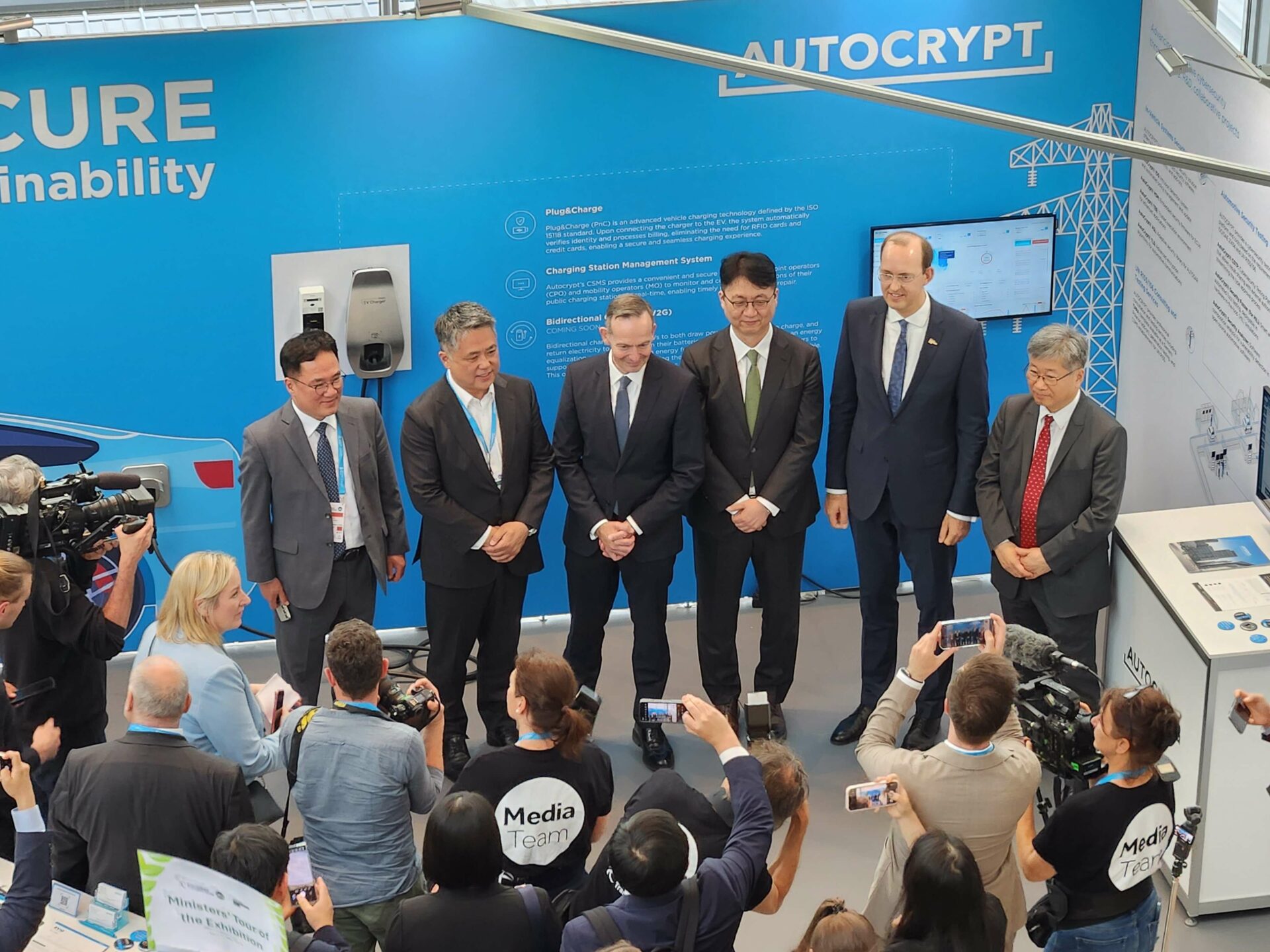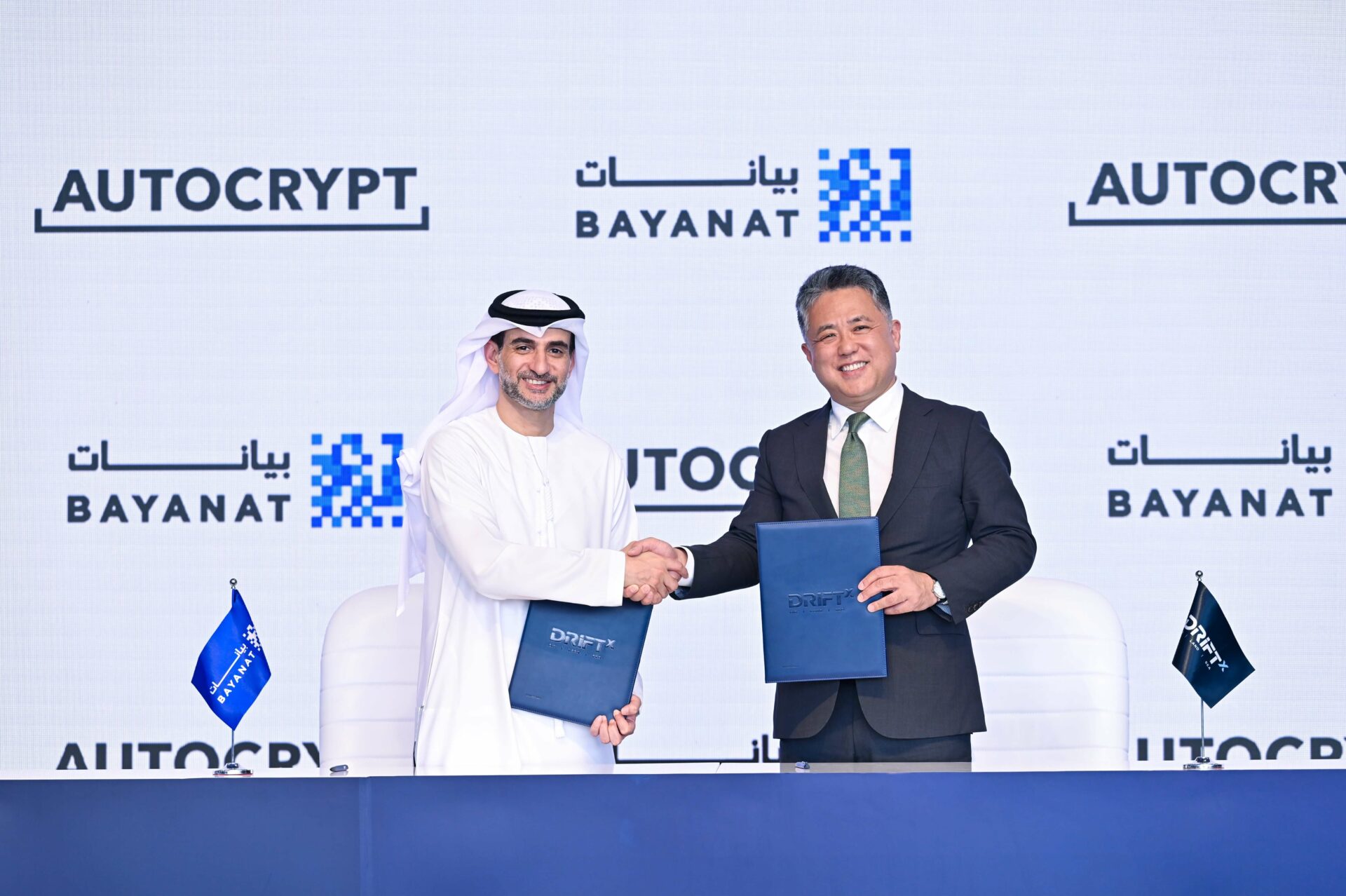The past 5 years were rich in new developments in the world of connected driving, with governments announcing huge grant opportunities for organizations willing to develop and implement Vehicle-to-Everything (V2X) systems infrastructure.
The advantages of widespread V2X implementation are well recognized, particularly in terms of enhanced road safety and reduced carbon emissions. However, the primary challenge in V2X deployment is the ‘hockey stick’ value proposition, where the benefits become substantial only after mass technology deployment. Therefore, a collaboration between government, academia, and the private sector is crucial to advancing the industry.
Global V2X Development Projects
V2X development projects around the globe vary significantly in scale and focus, yet they share the common objective of creating a V2X infrastructure that enhances safety and efficiency in the transportation sector. Below are some notable projects and deployments around the world.
United Kingdom
As part of the V2X Innovation Program supported by the UK Government Initiative, the Rural Energy Resilience Program is exploring new vehicle-to-grid (V2G) and energy management technologies. This project connects local car clubs, community buildings, renewable energy providers, and distribution network providers, deploying various V2G charging points across the community.
The program’s aim is to equip local community buildings with bi-directional chargers featuring V2G functionality. The buildings serve as a rest spot for people who need to charge their EVs, boosting local economies. The community buildings also benefit from energy optimization with access to flexible grid services, which provides back up electricity storage during power outages. Beyond stabilizing energy grids for communities with electricity constraints, the project also enhances transportation options in areas with limited public transport.
United States
The United States has multiple grant schemes aimed at promoting the development of advanced transportation technologies, with both the United States Department of Transportation and the Federal Highway Administration supporting the development of V2X projects. One notable initiative is the Advanced Transportation Technology and Innovation (ATTAIN) program, which encourages the use of advanced technologies to improve safety and reduce travel times for drivers and transit riders.
The University of Michigan’s Transportation Research Institute is a beneficiary of the ATTAIN program. As part of this program, UMTRI deployed over 70 roadside units (RSUs) at intersections in Ann Arbor and retrofitted 100 vehicles with low-cost aftermarket onboard units. This connected environment allows vehicles to communicate with each other, infrastructure, the cloud, cellular networks, pedestrians, and other vulnerable road users.
The project is conducted in partnership with the city of Ann Arbor, Ford, Qualcomm, and others. Aiming to boost safety for passengers, pedestrians, and residents by connecting vehicles to each other and nearby infrastructure, the project sets a baseline for future V2X infrastructure deployments in the United States.
University of Michigan has been a testbed for numerous other V2X projects, one of which is the OmniAir Plugfest. Autocrypt participated in the plugfest to test its V2X-PKI in a collaborative environment with other cybersecurity experts, test laboratories, and deploying agencies. The aim of the plugfest was to demonstrate SCMS interoperability to advance nationwide deployment of V2X technologies.
Singapore
Nanyang Technological University (NTU) is leading the development of Singapore’s first 5G cellular vehicle-to-everything (C-V2X) testbed. As part of the NTU Connected Smart Mobility (COSMO) program, the 200-hectare NTU Smart Campus hosts a testbed leveraging ultra-fast 5G technology to enhance connected mobility.
Partnering with the telecommunications company M1, NTU deployed three 5G base stations to enable reliable communications for a wide range of sensors on vehicles and transport infrastructure. C-V2X equipment were installed in shuttle buses and autonomous vehicles to conduct real-world vehicle localization tests and assess the 5G network’s performance. The testbed allows industry partners to co-design and deploy innovative connected mobility solutions, focusing on safety-critical applications such as collision avoidance, real-time traffic routing, and network security.
The NTU Smart Campus testbed aims to develop a safer, more efficient, and reliable transportation infrastructure, fostering the development of connected mobility in Singapore.
China
China is a leader in global V2X deployment, with the government partnering with the private sector to roll out numerous V2X initiatives and large-scale testing sites across the country to test the technology in diverse conditions.
The Tianjin National Pilot Area was created to explore various application scenarios of V2X, build an open and innovative industrial ecology, and explore feasible ways to test V2X systems. The first phase of the pilot zone covers 48 km of open road area equipped 67 intersections with full-range perception infrastructure and V2X communication nodes.
The main goal of the pilot zone is to verify the security of V2X messages exchanged through the network. 20 security scenarios were laid out across 7.6 km of open road for enterprises to verify the security of V2X mechanisms like secure communication protocols, security certificate applications, and certificate management. The pilot area has been utilized to test over 100 cases for traffic safety, traffic efficiency, and information services.
The global efforts in developing and implementing V2X technology illustrate the collective ambition to enhance road safety, optimize traffic flow, and decarbonize roads. By fostering close collaboration among governments, academia, and private enterprises, these projects demonstrate the potential of V2X technology to revolutionize transportation. As these initiatives continue to advance, they pave the way for a more connected, efficient, and safer future in mobility, ultimately benefiting societies worldwide.
To learn more about AUTOCRYPT’s V2X security solutions, contact global@autocrypt.io.
To stay informed and updated on the latest news about AUTOCRYPT and mobility tech, subscribe to AUTOCRYPT’s newsletter.


